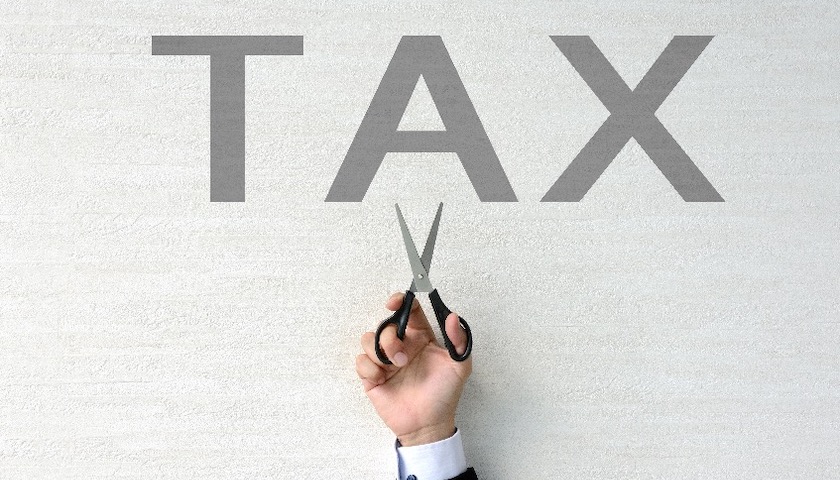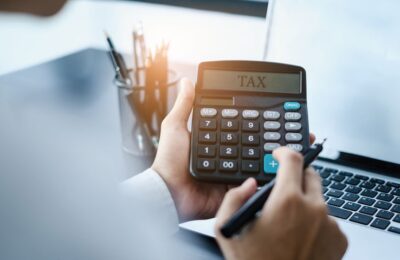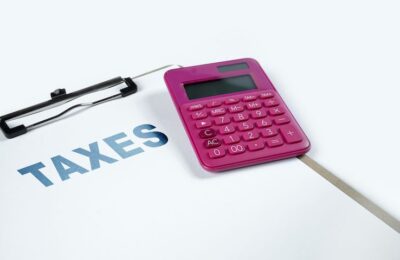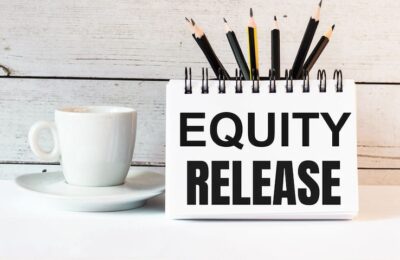It’s coming up to tax return season. Accountants like us are busy compiling our clients’ Self-Assessment Tax Returns in time for the 31st January deadline. Our service helps individuals avoid late self-assessment submission and the penalties this involves. But were you aware of the surprisingly high penalties the taxman can hand out for late self-assessment returns?
Late self-assessment penalties
The later you leave your tax return, the more expensive it gets.
Miss the deadline of midnight on 31st January and you automatically get hit by a £100 fine. Interest also starts to accrue on any unpaid tax.
If you still haven’t submitted your return three months after the deadline, you have to pay a penalty of £10 per day. This continues until the amount payable is £900.
At six months, things get even more expensive. This is the point when HMRC charges a penalty of 5% of the tax due or £300, whichever is the greater.
At 12 months, you face a fresh penalty of a further 5% (or £300, if this is greater).
Let’s take an example of someone who fails to complete their self-assessment tax return for a year. They owe £10,000 in tax.
- On 1st February the penalty is £100
- 90 days later, they have been penalised a further £900
- At six months, they get a £500 penalty (5% of the tax owed)
- After 12 months, they get another £500 penalty
Based on these calculations, you would have to pay £2,000 in penalties. This is in addition to the tax owed and the interest payable on it.
However, relatively few people are aware that HMRC can apply a much harsher penalty at the 12-month mark. This is known as the ‘super penalty’.
What is the ‘super penalty’?
HMRC has the power to impose a super penalty of 200% of tax owed if it believes a taxpayer has deliberately withheld information that would enable or assist HMRC to assess their tax liability. For someone owing £10,000 in tax, that would amount to an additional penalty of £20,000!
In theory, you can avoid this if you have a ‘reasonable excuse’ for not filing on time. Reasonable excuses include things like the following:
- The death of a close relative near the filing deadline
- An unexpected stay in hospital
- Suffering from a serious illness
- Delays due to disability or mental illness
- Being unaware of your legal obligation.
You can find a fuller list of reasonable excuses here. However, you must still file your return as soon as possibly can. This is something one taxpayer discovered to their cost.
HMRC vs a taxpayer with a late self-assessment return
A while ago, HMRC and a taxpayer called Matthew Harrison were pitted against each other in an Upper Tribunal tax case.
Mr Harrison should have filed his 2014/15 tax return by 31st January 2016. He did not do so until September 2018.
Mr Harrison claimed that he had a reasonable excuse for not filing. This was because he suffered from a series of stressful events. His mother died, his daughter was sectioned and a car crash left him with neck injuries. In a separate incident he was subject to a violent carjacking.
The court agreed that Mr Harrison had a reasonable excuse up to a point. However, the court noted that in September 2017, he asked his accountant to prepare his tax return and received a draft of it. As the judgment noted:
“He understood its contents and regarded them as accurate, he knew that the return needed to be submitted and he was aware that he was paying fines for late submission. At that stage he just needed to sign the returns submitted to HMRC, but he did not do so for another year. During this year, the evidence shows that he was working, with others, on his business affairs and successfully resolving complex issues, notwithstanding the depression that affected him at this time.”
In other words, Mr Harrison’s ‘reasonable excuse’ came to an end as he held on to the return for too long before submitting it. As a result, HMRC was allowed to apply the super penalty – in this case £42,066.09.
Avoiding late-self assessment penalties
It’s always wise to submit your tax return on time. If you use an accountant, the earlier you can supply them with the relevant information, the quicker they can submit your return. If you do it yourself, make sure you submit it online by no later than 31st January in any tax year.
However, if you are worried that you can’t pay the tax you owe, submit your return anyway. This will ensure you avoid all late-payment penalties. It also gives you the chance to arrange a ‘time to pay’ plan. This lets you pay in instalments.
If you would like any advice about your Self-assessment Tax Return, get in touch with your THP account manager today. They would be delighted to help you.
About Karen Jones
Having worked for one of the world’s largest accountancy firms, Karen Jones uses her tax knowledge and skills to help clients obtain substantial reductions to their tax liabilities.
With an expanding portfolio of tax clients, Karen enjoys the variety her work brings her and particularly likes working with new businesses and people. With a growing number of tax clients, she frequently faces a variety of challenges and relishes the experience she gains as she solves them.
Karen likes the THP ethos: “I like the way the team has a professional, but friendly and down-to-earth approach – it creates a productive atmosphere that benefits everyone.”
Karen’s specialist skills:
- Personal Taxation
- Tax Efficient Planning
- Trust Administration












